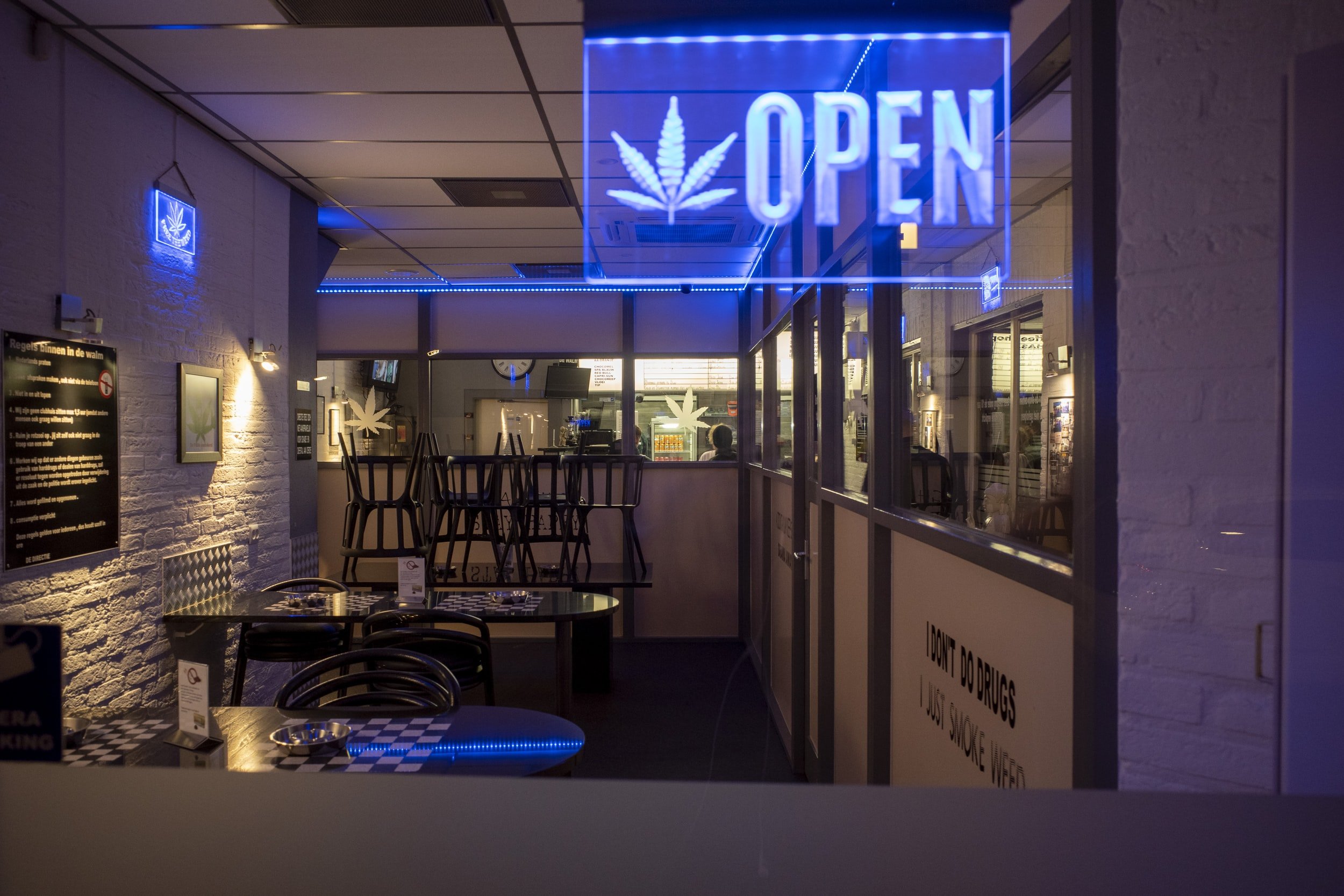On the heels of the boom in cannabidiol (“CBD”) sales, many Nebraska CBD retailers have recently been marketing and selling products containing Delta-8 tetrahydrocannabinol (“Delta-8 THC”), which is an isomer of Delta-9 tetrahydrocannabinol (“Delta-9 THC”). Delta-9 THC is the common compound in marijuana that provides euphoric effects to it users. Marijuana plants and other products containing Delta-9 THC in concentrations high enough to provide users with any such effects are generally illegal under federal and Nebraska law. Delta-8 THC provides a euphoric effect similar to Delta-9 THC, but milder, and due to a loophole in the federal and Nebraska law, as further discussed below, products containing Delta-8 THC are arguably legal in Nebraska and many other states.
The Delta-8 THC market was born when producers began looking for ways to turn extra CBD extracted from hemp into something else profitable. Using a chemical synthetization process, they were able to produce Delta-8 THC from CBD, and incorporate Delta-8 THC into products that could be marketed as a legal recreational drug in many states.
Under the Nebraska Hemp Farming Act (the “Nebraska Hemp Act”), “Hemp” is legal in Nebraska and removed from the Nebraska Controlled Substances Act. Hemp is defined as “the plant Cannabis sativa L. and any part of such plant, including the viable seeds of such plant and all derivatives, extracts, cannabinoids, isomers, acids, salts, and salts of isomers, whether growing or not, with a delta-9 tetrahydrocannabinol concentration of not more than 0.3 % on a dry weight basis” (emphasis added) . Thus, as long hemp derivative products (such as CBD and Delta-8 THC) do not contain Delta-9 THC in excess of 0.3%, a plain reading of the statute indicates that Delta-8 THC and products containing Delta-8 THC would be classified as Hemp, and are legal in Nebraska. Many other states have similar industrial hemp statutes that purport to make Delta-8 THC products legal in the same manner.
Under the federal 2018 Farm Bill (the “Farm Bill”), “Hemp” was removed from the federal Controlled Substances Act. In addition, under the Farm Bill, the definition of Hemp is the same as it is under the Nebraska Hemp Act, meaning that Delta-8 THC products that do not contain Delta-9 THC in excess of 0.3% are legal under federal law.
However, despite the purported legality of Delta-8 THC under Nebraska and federal law, Nebraska retailers face a myriad of risks. In 2020, the Drug Enforcement Agency (“DEA”) issued an Interim Final Rule that stated, in part, that “all synthetically derived tetrahydrocannabinols [regardless of THC content] remain schedule I controlled substances.” There is some debate over whether Delta-8 THC is “synthetically derived,” but there appears to be a conflict between this DEA Rule and the Farm Bill. In any event, Delta-8 THC retailers face risk of DEA enforcement for the possession, distribution, or transportation of products containing Delta-8 THC. In addition, the Food and Drug Administration (“FDA”) retains authority to regulate products that contain cannabis or cannabis derivatives under the federal Food, Drug and Cosmetic Act. Currently, Delta-8 THC products do not appear to be prohibited by FDA regulations. However, the FDA recently issued a consumer update warning of the dangers of Delta-8 THC products, including contamination concerns from potentially unsafe manufacturing methods. Thus, Delta-8 retailers also risk that the FDA may take steps to ban or more tightly regulate these products.
At the state level, the tide appears to be shifting, as more states are closing the legal loophole that purports to make Delta-8 THC legal under laws similar to the Nebraska Hemp Act. For example, Colorado (which allows recreational marijuana use) has banned Delta-8 THC since May 2021, and Texas recently did the same in October 2021. As of the date of this article, sixteen other states have restricted or banned Delta-8 THC. In Nebraska, Governor Rickett’s office has generally taken a negative position towards cannabis and its derivative products, and Governor Ricketts recently asked the state Attorney General to review the legality of Delta-8 THC. Recall that prior to the enactment of the Nebraska Hemp Act, certain Nebraska sellers of CBD products were raided and charged with criminal drug trafficking offenses. The Nebraska Supreme Court eventually found in favor of the sellers, but only after years of the defendants expending extensive legal fees. Nebraska Delta-8 THC retailers could face a similar situation.
There is also the risk that Delta-8 THC retailers may inadvertently possess and/or sell products containing Delta-9 THC in amounts greater than 0.3%, in which event they would be subject to potential felonies under the Nebraska Controlled Substances Act. Thus, such retailers are advised to take as many steps as possible to confirm that its Delta-8 THC products fall within the definition of Hemp under Nebraska law, and don’t contain Delta-9 THC in amounts greater than 0.3%.
Persons considering entering the Delta-8 THC market should carefully consider these risks, and be prepared to handle the effects of a Delta-8 THC ban or restriction under Nebraska or federal law. If you have any questions about Delta-8 THC or other cannabis issues, attorneys at Erickson | Sederstrom can assist you. Attorneys Shay Garvin or Andrew Collins can be reached (402) 397-2200.

